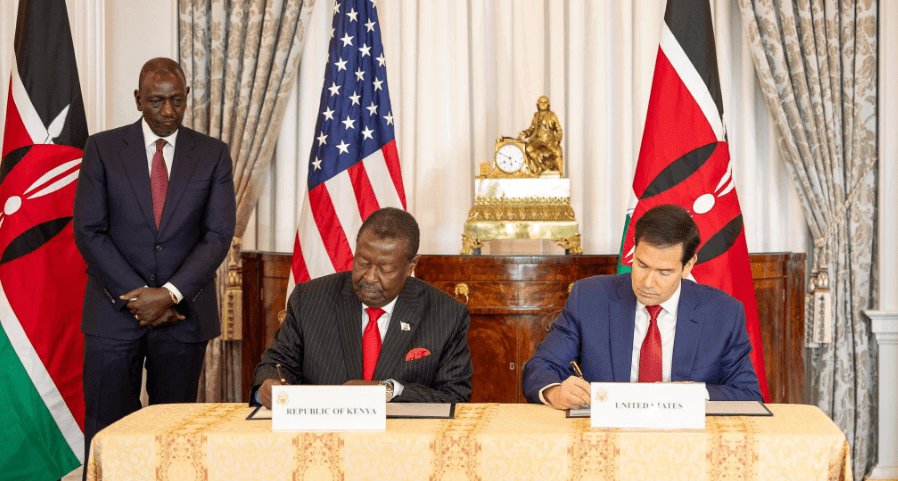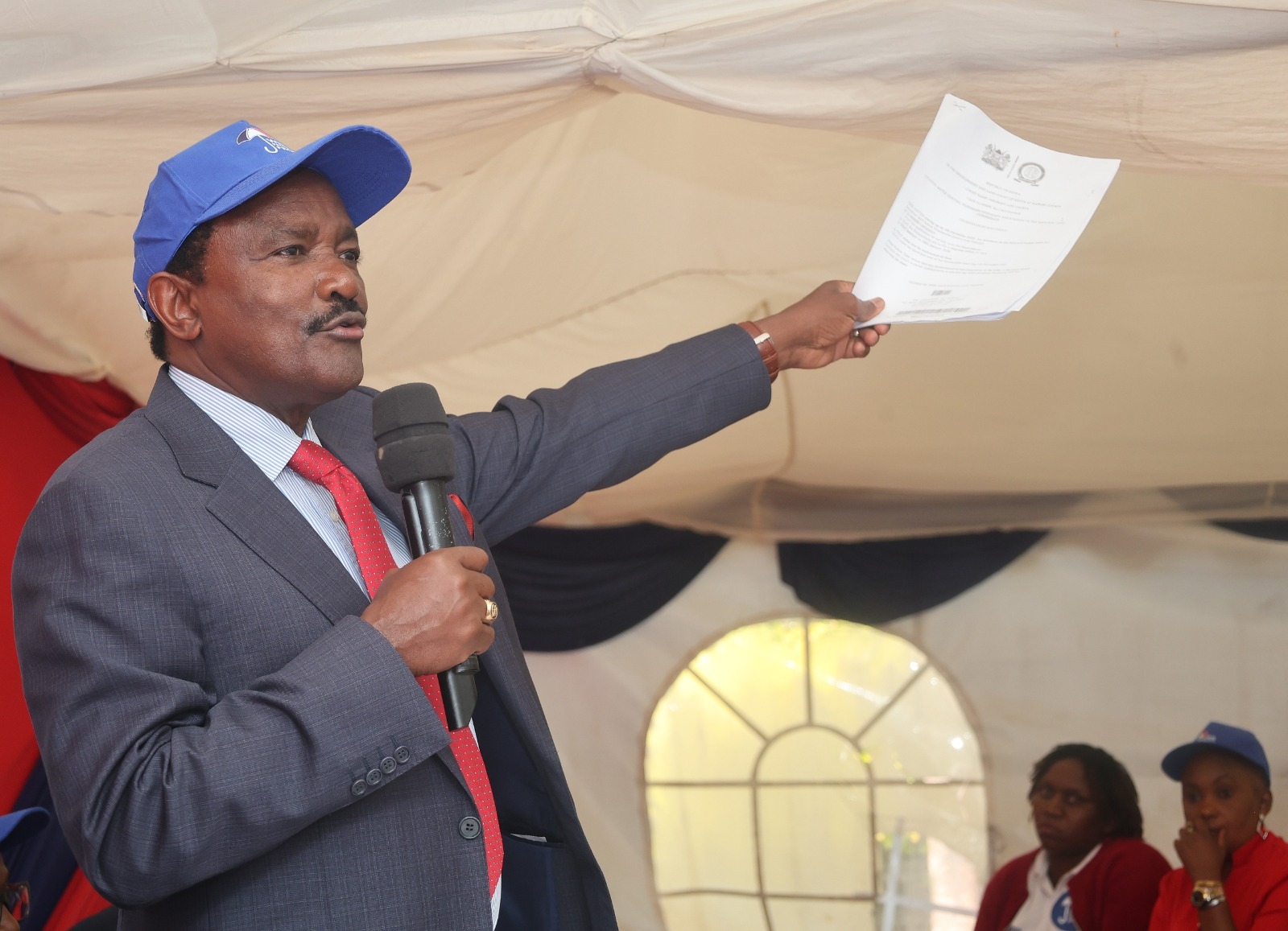In a bid to increase power generation, the Cabinet on Tuesday lifted the ban on the procurement of new Independent Power Producers (IPPs).
The move, according to the President William Ruto-led cabinet, is meant to address the challenges of realising a sustainable energy mix occasioned by the prolonged drought.
This comes at a time annual droughts are becoming more extreme, reducing hydropower generation.
Retired President Uhuru Kenyatta in March 2021 had formed a task force to review power purchase agreements (PPAs)
The task force submitted its report in September and froze procurement of new IPPs.
This now means that Kenya Power has not signed any new PPA with any IPP in line with the task force’s report.
Independent Power Producers (IPPs) own and operate power stations that sell power in bulk to Kenya Power.
There are at least 24 IPPs with running contracts with Kenya Power including KenGen.
A Power Purchase Agreement (PPA) is generally the primary contract between the public and private sector parties which underpin a power sector PPP.
It is typically between a public sector purchaser "offtaker" (often a state-owned electricity utility, in jurisdictions where the power sector is largely state operated) and a privately-owned power producer.
The Cabinet also approved a framework for the transparent engagement of independent power producers in keeping with the Renewable Energy Auction Policy.
The framework is said to be a break from the currently negotiated procurements or feed-in tariffs (FITs).
"Therefore, the new framework will enable the State to procure clean energy at prices that reflect those prevailing in the market, giving consumers the benefit of competition in pricing," stated the statement.
In furtherance of the national endeavour to realise energy security as a catalyst for economic development, Cabinet approved the implementation of the 40 MW Olkaria I additional Unit 4 and 5 and Olkaria IV Unit 1 and 2 uprating power project.
















